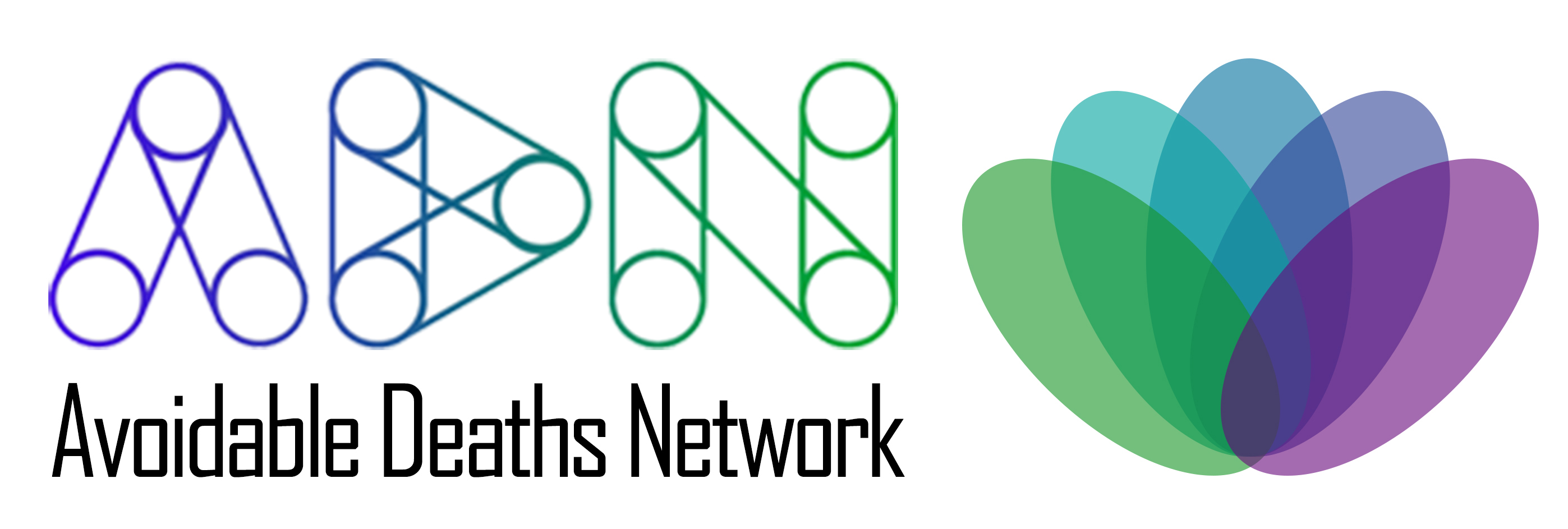Background
In recent years, the frequency and intensity of hazards that develop into disasters has drastically increased. In particular, the rapid population growth, urbanization, climate change and poverty has resulted in an increased vulnerability of millions of people. In Pakistan alone, since 1947 the impact of disasters in recent years has claimed more than 112,000 lives and inflicted losses more than $28.3 billion. The importance of disaster risk management is enshrined in the Sendai Framework for Disaster Risk Reduction (2015-2030) and is linked with 8 out of the 17 United Nations Sustainable Development Goals (SDGs 2030).
In Pakistan, the earthquake of 2005 and the floods of 2010 (and subsequent years) revealed the vulnerability of the economy and the communities to disasters. In subsequent years, various institutional arrangements have been erected at national and provincial levels in order to improve the management of disasters. The UN and the Government of Pakistan have initiated Pakistan One UN Programme III (UNSDF/OPIII 2018-2022) by aligning Pakistan’s Vision 2025 with the UN SDGs. In order to achieve the organization-level targets under UNSDF/OPIII, the capacity building of strategic planners, and mainstreaming of Disaster Risk Reduction practices in their organizations is required. The National Disaster Management Plan (NDMP) and National Flood Protection Plan IV (NFPP-IV), with a multi-billion dollar financial outlay, inevitably requires highly qualified Disaster Management professionals in the mid to long term.
Scope and Introduction
The scope of the Center for Disaster Management is to support the public sector, emergency services, industry and communities by providing capacity building, specialized knowledge, skill development and conducting collaborative research in disaster management in order to meet the aforementioned targets under the UN SDGs / Sendai Framework and build a more resilient society.
Center for Disaster Management at UMT is the flagship Center in knowledge and skill development in disaster preparedness, mitigation, and risk management. The Center builds upon the synergy of existing faculties within UMT for research in cross-cutting themes in disaster management, and includes experts in various aspects of disaster policy, management, risk reduction and sustainable development. The CDM Advisory Board is composed of a diverse set of researchers, academicians and professionals of international prominence, in order to provide advice and support for the functioning of the Center.
External Partners and Clients

Asian Institute of Technology

Avoidable Deaths Network